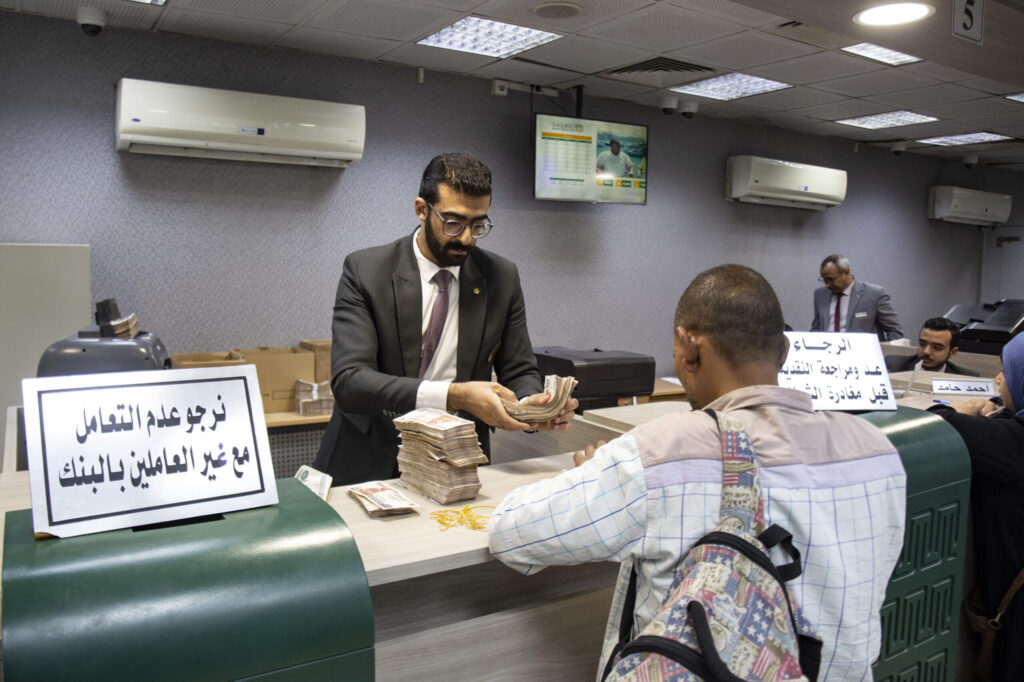The Egyptian economy is on the brink of collapse due to President Abdel Fattah el-Sisi’s economic policies, as warned by experts. Recent aid packages from the EU and IMF, totaling $51.1 billion, aim to provide a temporary respite to Egypt’s economic crisis. However, skeptics fear that without fundamental changes and reforms, the funds may be wasted.
The key to economic recovery lies in reducing the state’s extensive economic role, particularly the army’s involvement in various sectors. Shifting to a flexible exchange rate and attracting investments is crucial for long-term growth. The recent devaluation of the Egyptian pound and interest rate hikes are initial steps towards these reforms.
Moreover, the government must improve public spending efficiency, prioritize growth-stimulating expenditures, and focus on reducing debt to maintain fiscal discipline. Social protection programs for the poor, along with human rights improvements, are essential for continued support from donors.
While the closure of a long-running NGO investigation is a positive step, Egypt must end arbitrary detentions, enforced disappearances, and curtailment of freedom of speech to prove its commitment to democratic reforms. Failure to do so may jeopardize future aid and support for the country.
Ultimately, Egypt must prioritize economic reforms, address human rights concerns, and demonstrate a genuine commitment to democratic principles to ensure sustainable recovery and future stability.
